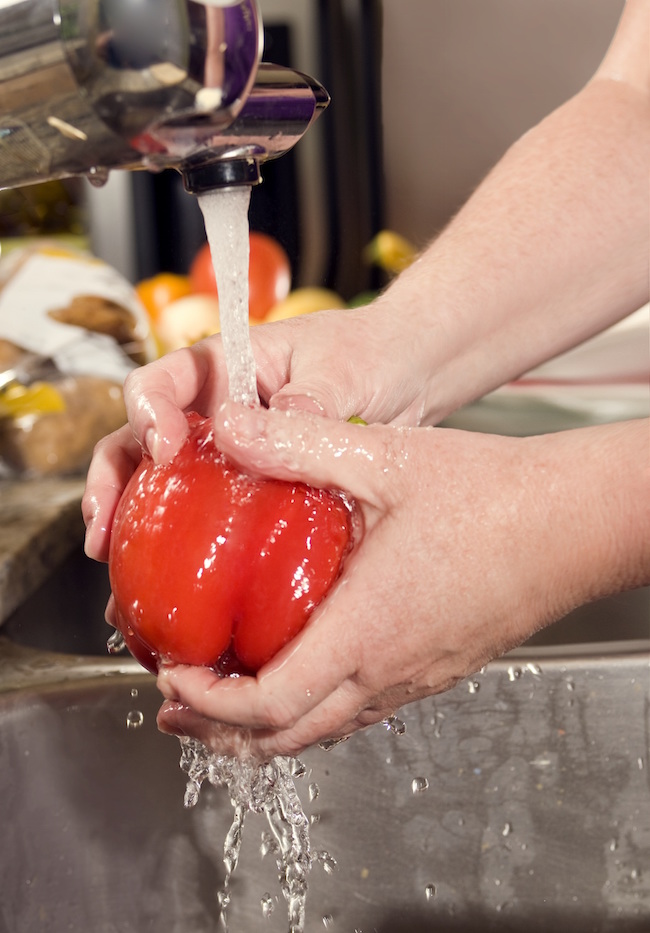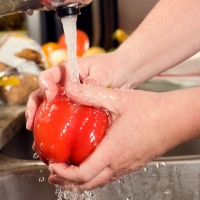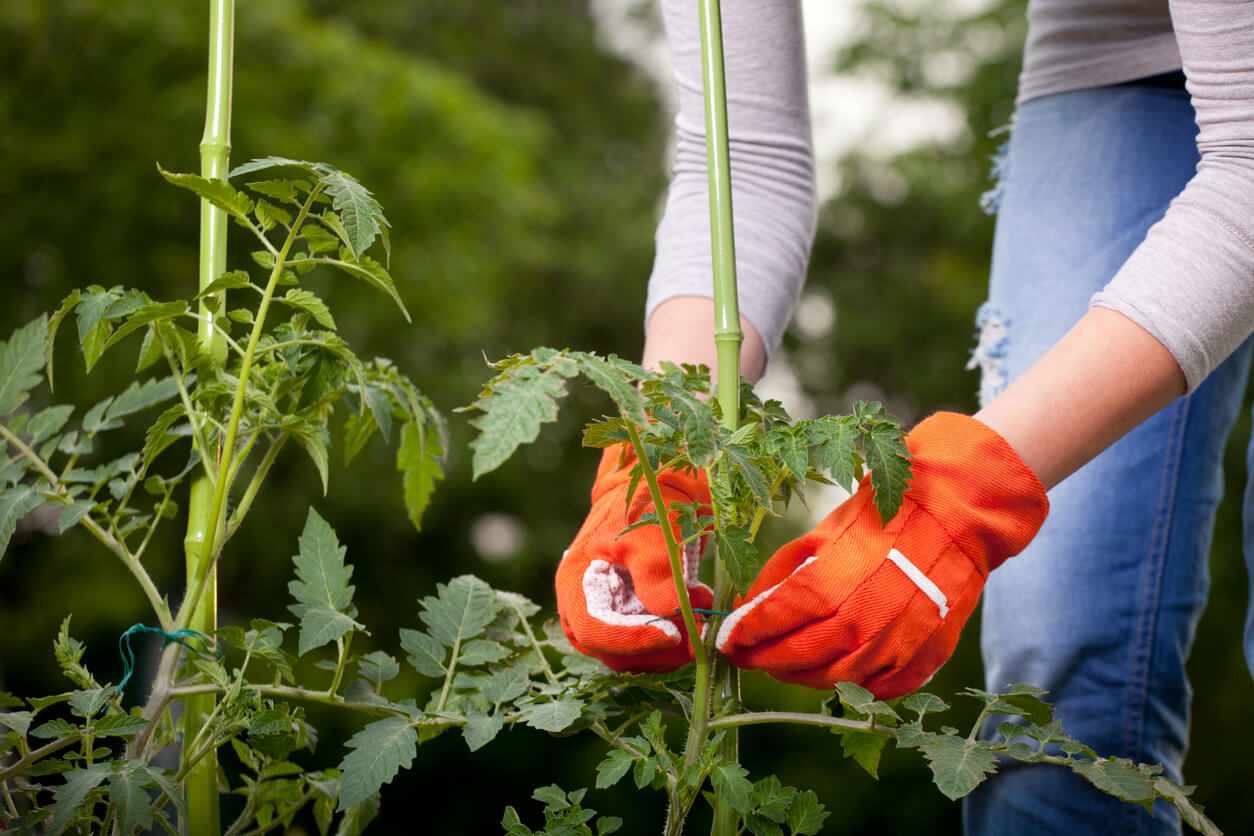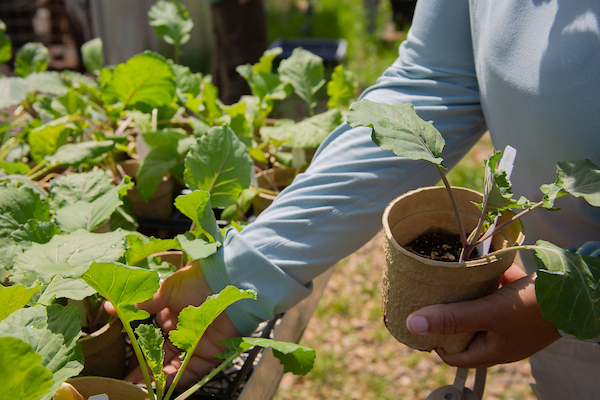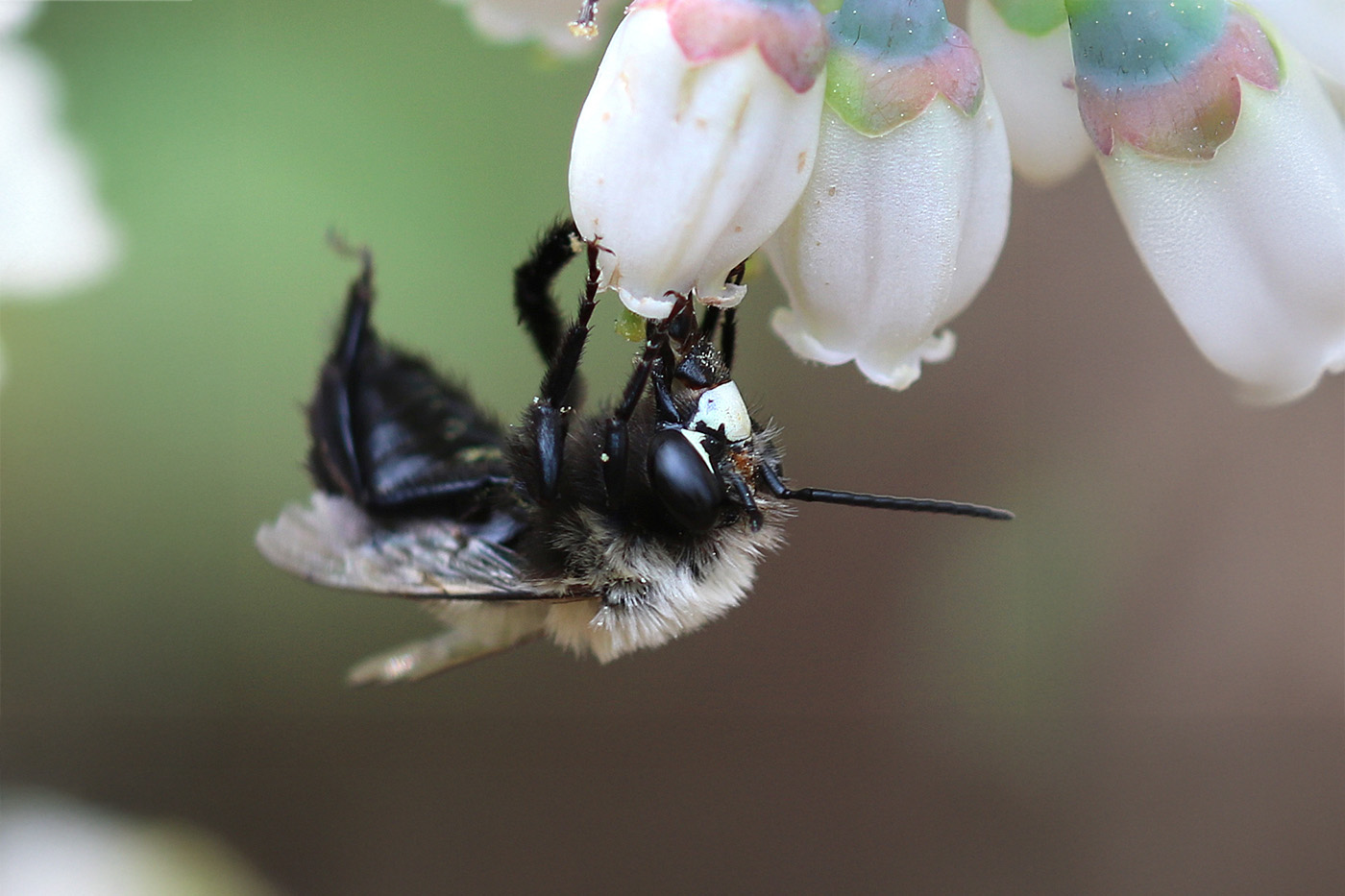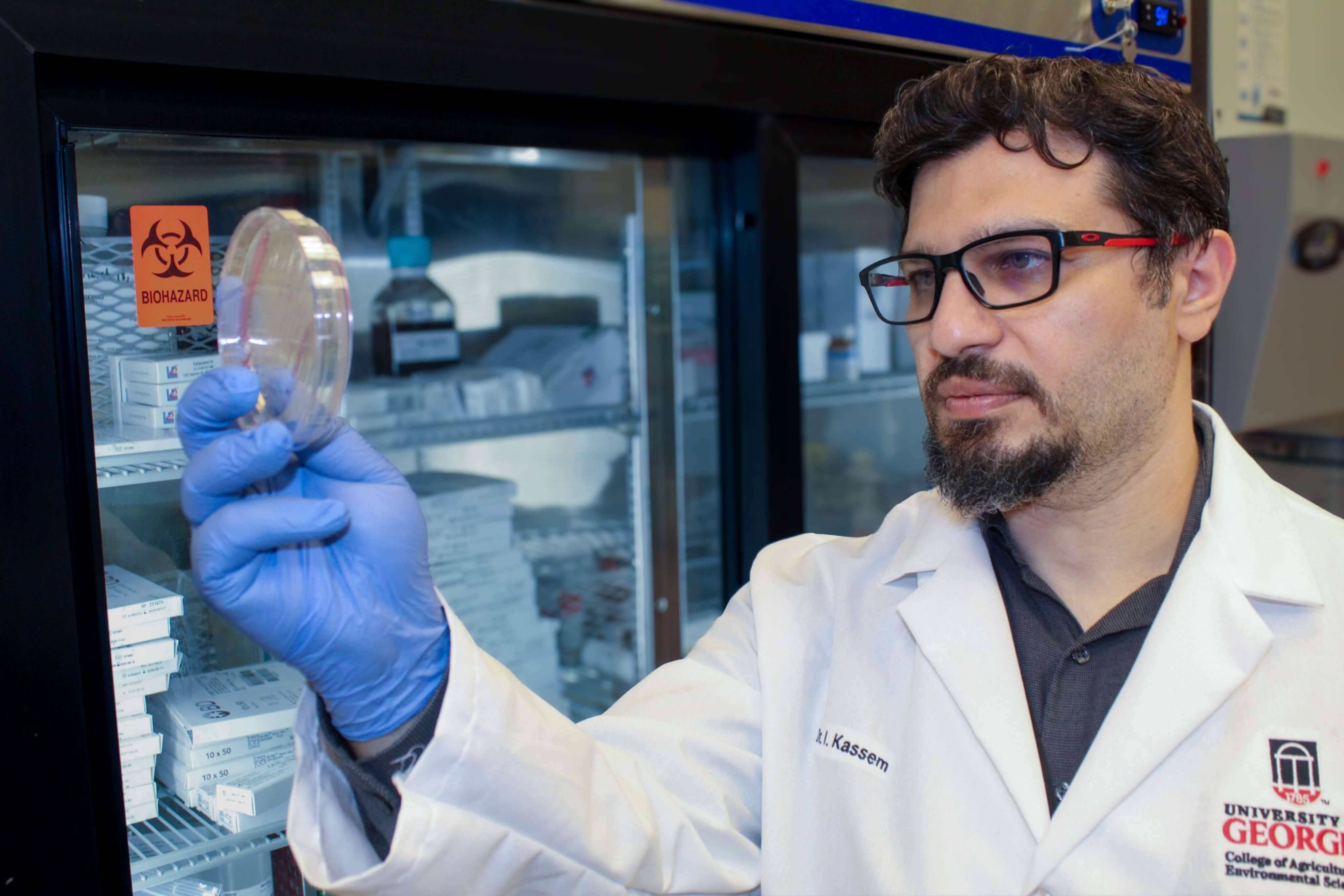Whether planting a fall garden or preparing for spring, planning prevents poor performance. Plan the garden with safe food in mind.
It’s important to remember that produce can become contaminated and cause illness, whether it’s grown a thousand miles away or in the backyard.
Keeping produce safe means keeping harmful bacteria, viruses and parasites from contaminating fruits and vegetables. Enjoy the rewards of growing food through planning and some practical food safety tips.
Selecting the site, materials and water
When selecting the site for the garden, choose an area that is on higher ground or away from potential sources of contamination, like areas frequented by animals, spots prone to flooding, septic systems, streets and garbage.
Before choosing to use fields or growing plots with existing soil, contact your local University of Georgia Cooperative Extension office for information about having soil tested to be sure it is safe for growing edible crops.
Raised bed gardens offer the advantage of purchasing and using soil that has been commercially prepared and labeled for growing food. Choose non-toxic, non-leaching materials, like untreated wood such as teak, cedar or redwood, to make the beds, or garden in containers made of concrete or clay.
Also, consider fencing the area to keep pets and wild animals out of the garden.
The safest sources of water for use in the garden are municipal water supplies or wells that have been tested to ensure water quality.
Locate the garden close to these water sources. If other water sources are used in the garden, they need to be tested periodically for safety. Watering the garden with a soaker hose can help minimize contamination of plant surfaces.
Using manure, compost or chemicals
Use soil amendments like animal manure, compost or commercially prepared fertilizer safely.
After applying raw animal manure to the garden site, wait at least 90 days between application and harvest of crops that do not touch the soil — tomatoes, corn, etc. — or 120 days for crops that do touch the soil — carrots, potatoes, onions, etc.
Compost must reach a high enough temperature threshold for a specific period of time that is sufficient to destroy disease-causing germs.
Before making compost, check with the local UGA Extension office on how to make sure it’s done in a way that destroys harmful microorganisms. When using chemical fertilizers or insecticides, read the labels and use only as directed by the manufacturer.
Observe any recommended waiting periods between application and harvest.
Working in the garden
Don’t work with produce in the garden if you are sick. Wait until 24 hours after symptoms have subsided if you have had vomiting or diarrhea, as you could be a source of contamination.
Gardeners should always wash their hands for at least 20 seconds with soap and running water before working with produce.
Use tools and containers that are clean, and use materials that can be washed and sanitized when harvesting fruits and vegetables.
Wash knives, scissors and containers with dish detergent and hot water. Make an inexpensive sanitizer with 1 tablespoon of unscented chlorine bleach per gallon of water to use on equipment and containers after washing and rinsing.
Soak items for at least one minute, and then air dry or use the sanitizer in a spray bottle and make it fresh daily.
Before using straw baskets, line them with clean paper towels or cloth towels that can be washed between uses. This can help to prevent cross-contamination, or the spread of harmful microorganisms from one batch of produce to another.
If there are signs of animal waste in the garden, do not use produce from that area.
Keeping produce safe in your kitchen
Rinse fruits and vegetables well in running water that is safe for drinking before using them.
Fruits and vegetables with firm skins or hard rinds can be washed by scrubbing with a clean vegetable brush under running water.
Most produce stores best refrigerated at 35 to 40 degrees Fahrenheit. Tomatoes and melons can be stored at room temperature until ripe. Once produce is cut or sliced, store it in the refrigerator and keep produce away from raw products like meat, chicken, fish and eggs.
Plan your garden with these tips from University of Georgia Extension in mind and reap the rewards of safe food.

